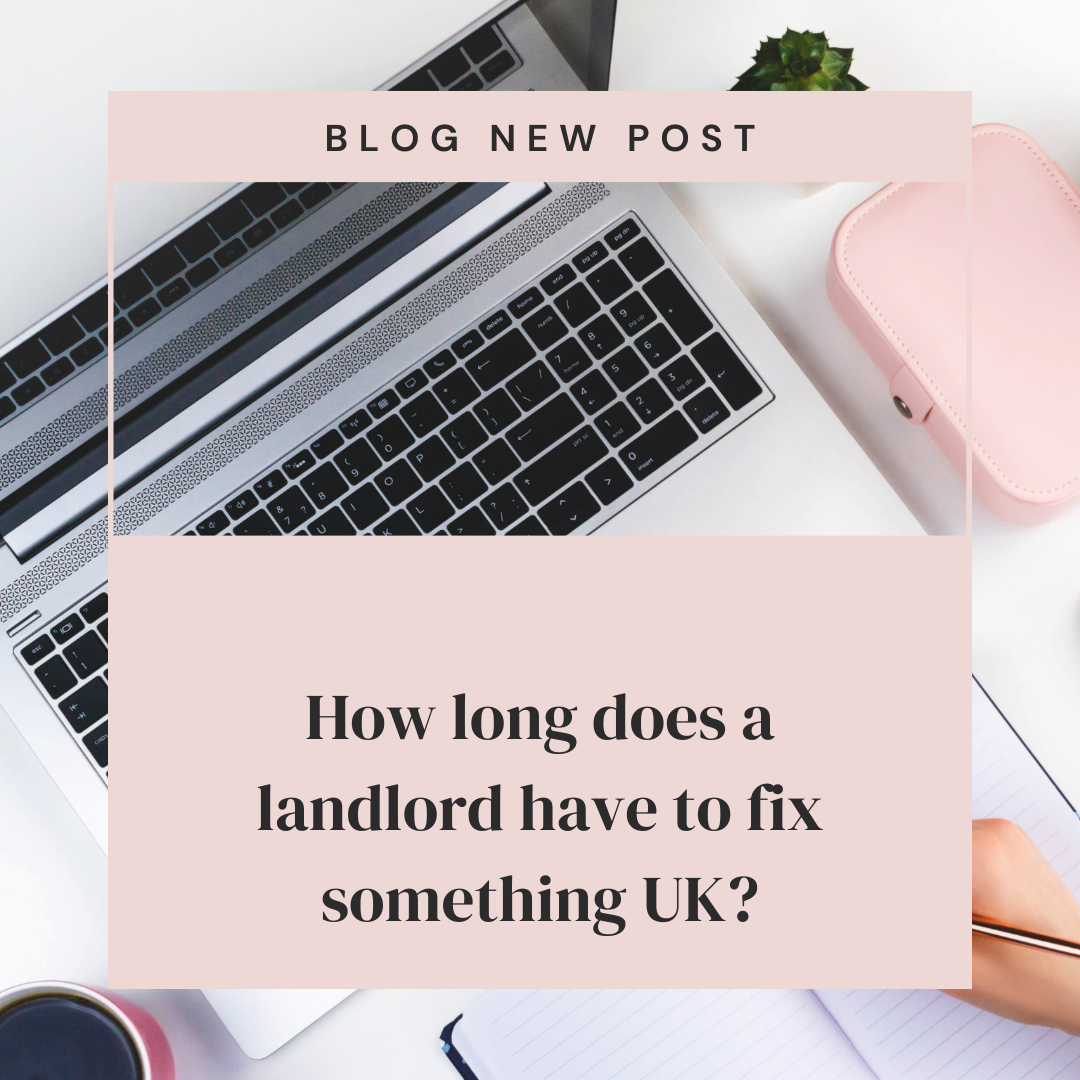How long does a landlord have to fix something UK? As a tenant in the UK, you have the right to live in a property that is in good repair. This means that your landlord must fix any problems with the property within a reasonable amount of time.
But what is a reasonable amount of time? The law doesn’t give a specific answer to this question. Instead, it depends on the severity of the problem and how it is affecting you.
For example, if your boiler breaks down in the winter, your landlord will need to fix it more quickly than if a light bulb goes out. And if you have a disability or have young children living with you, your landlord may need to fix problems even more quickly.
How long does a landlord have to fix something UK?
The following table gives a general guide to how long a landlord has to fix different types of problems:
| Type of problem | How long a landlord has to fix it |
|---|---|
| Emergency repairs, such as a broken boiler or a dangerous electrical fault | Within 24 hours |
| Urgent repairs, such as a leaking roof or a broken toilet | Within 7 days |
| Non-urgent repairs, such as a broken light bulb or a leaky tap | Within 21 days |
drive_spreadsheetExport to Sheets
What if your landlord doesn’t fix something?
If your landlord doesn’t fix a problem within a reasonable amount of time, you have a number of options. You can:
- Write to your landlord again, reminding them of their legal obligations.
- Contact your local council’s environmental health department. They may be able to inspect the property and issue your landlord with an enforcement notice.
- Take your landlord to court. If you’re successful, you may be awarded compensation.
How to get your landlord to fix something more quickly
There are a few things you can do to get your landlord to fix something more quickly:
- Be clear and specific about the problem when you report it to your landlord.
- Provide evidence of the problem, such as photographs or videos.
- If the problem is affecting your health or safety, let your landlord know.
- Be polite and persistent, but don’t be afraid to be assertive.
Conclusion:
If your landlord doesn’t fix a problem within a reasonable amount of time, you have a number of options. You can contact your local council or take your landlord to court. However, it’s always best to try to resolve the issue with your landlord directly first.
Important links
Housing Disrepair Advice: https://housingdisrepairadvice.org/contact
Housing Ombudsman: https://www.housing-ombudsman.org.uk/
